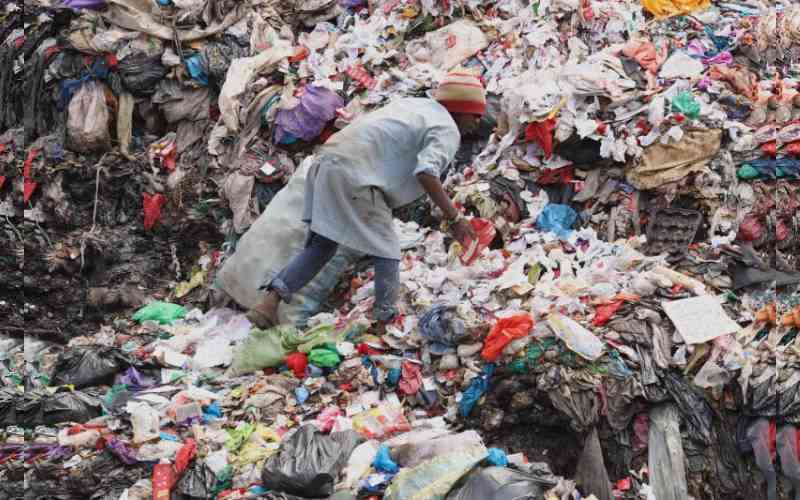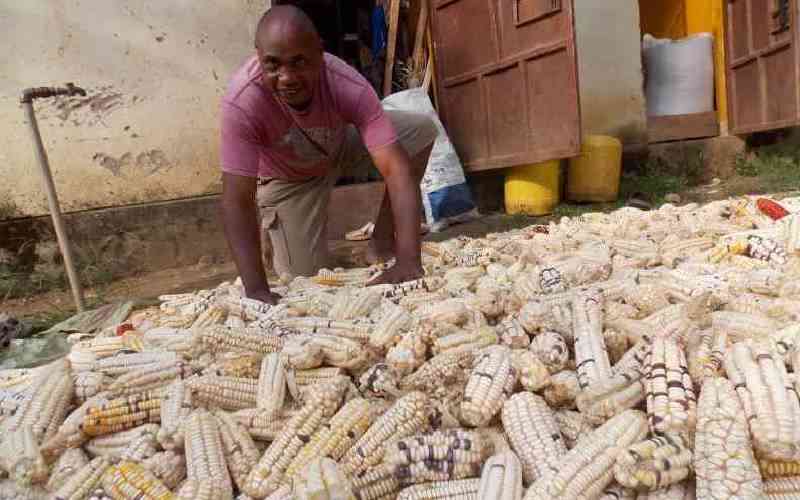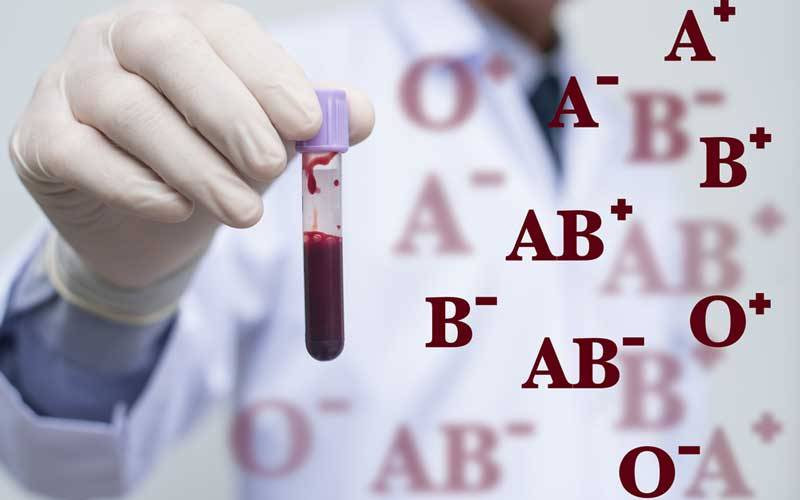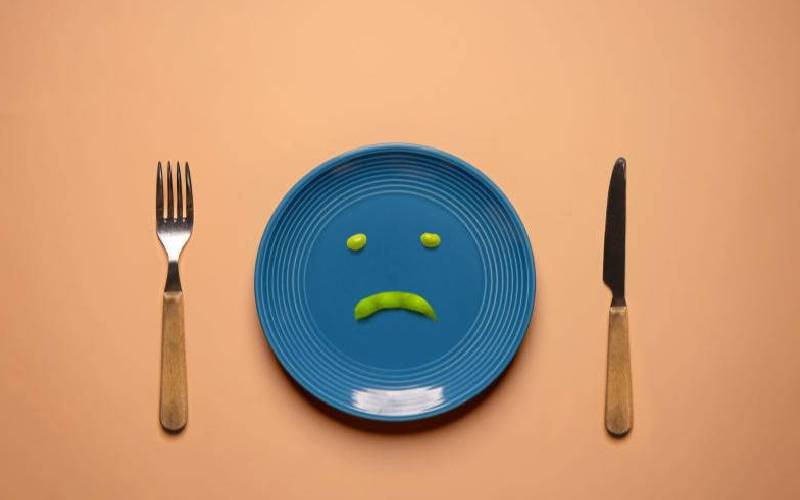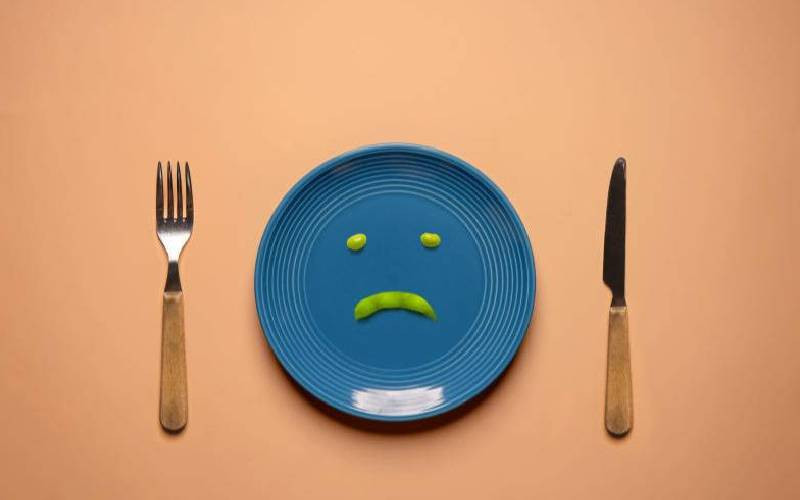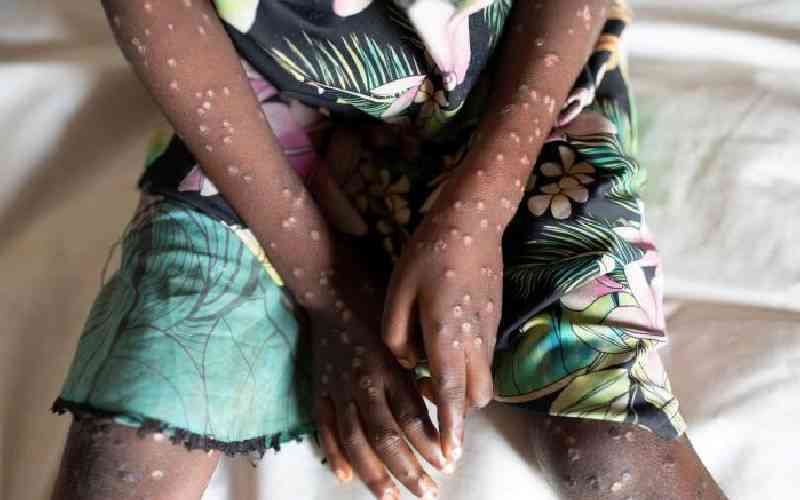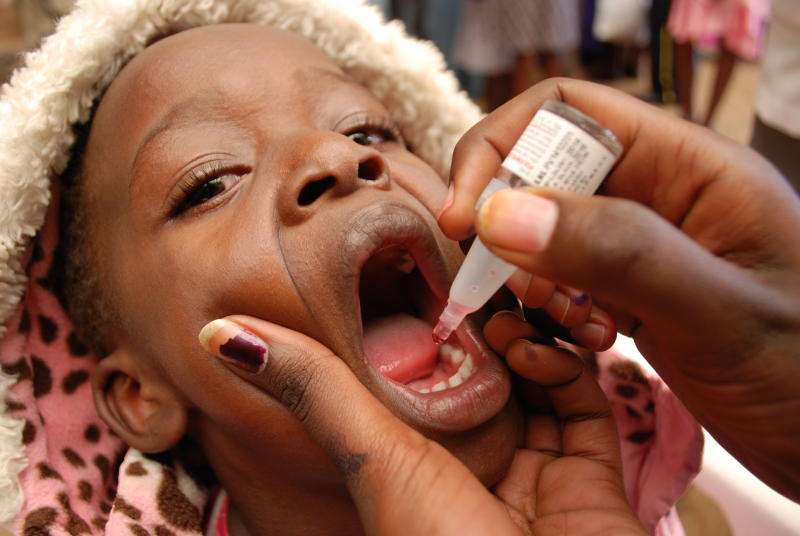
Oral polio vaccine used for prevention of the disease has been linked to the recent outbreaks of the virus that is re-emerging in some countries, Kenya included.
It is emerging that the use of this oral vaccine, which contains some mild strains of the virus, will put a healthy person who is immunnised at risk when they come into contact with the vaccine-derived viruses.
The reason behind this risk, as disclosed by World Health Organisation (WHO), is that once the vaccine has done its job in stimulating one’s immune system to create a defense against polio, it is excreted, but comes out already mutated.
It is this mutated version of the vaccine that ends up causing polio infections.
However, WHO Director of Polio Eradication Programme Michel Zaffran told the CNN that though the oral vaccine has been linked to the outbreaks, it is not yet time to withdraw it from the market.
“In terms of these outbreaks caused by the vaccine-derived viruses, this can only be stopped when we stop altogether using the vaccine, and we will not stop using the vaccine until we have eradicated the wild virus. So it’s a chicken and egg situation,” said Mr Zaffran.
After being polio free since 2013, Kenya is now alert of a possible outbreak after traces of polio Type Two virus were found in a sewage in Kamkunji, Nairobi.
This type of virus has been linked to oral vaccines by WHO, and has affected other countries such as Syria, Democratic Republic of Congo and Papua Guinea.
“But we first need to eradicate the wild virus. After that, we will actually withdraw globally the use of the oral polio vaccine,” said Zaffran.
Papua Guinea was certified as polio free in 2000, while Kenya was set to be certified this year if no case arose.
After the alert, the Ministry of Health moved with speed to immunise children below the age of five years in Nairobi. Up to 817,000 children were targeted.
On Sunday, the Ministry concluded a four-day campaign to vaccinate 2.4 million children under the age of five in 12 high-risk counties.
The Director of Medical Services Jackson Kioko has also issued a directive to all counties to examine and report all findings on paralysis of the limbs in any child below 15 years, to determine if the floppiness was caused by polio.
Stunted growth
Other symptoms of polio include stunted growth, fever and pain in joints.
There are two types of polio outbreaks - one caused by the wild polio virus like that of the early 1900s and that caused by the vaccine itself, usually referred to as the vaccine derived polioviruses.
The injectable version of the vaccine, known as the Inactivated Polio Vaccine (IPV), is derived directly from the polio wild virus and resembles the original 1952 version, but is not as effective since it is not ‘live’ and only offers protection to the victim, but does not stop them from being infected.
This means one vaccinated by IPV, though they may not get to show signs of polio infections, they will still infect others, just like any other polio- stricken patient.
“IPV induces very low levels of immunity in the intestine. As a result, when a person immunised with IPV is infected with wild poliovirus, the virus can still multiply inside the intestines and be shed in the feces, risking continued circulation,” states the Global Polio Eradication Initiative.
But it is not just this IPVs disadvantage that makes it not suitable, it is also the price: “IPV is over five times more expensive than Oral Polio Vaccine. Administering the vaccine requires trained health workers as well as sterile injection equipment and procedures,” adds GPEI.
 The Standard Group Plc is a multi-media organization with investments in media platforms spanning newspaper print
operations, television, radio broadcasting, digital and online services. The Standard Group is recognized as a
leading multi-media house in Kenya with a key influence in matters of national and international interest.
The Standard Group Plc is a multi-media organization with investments in media platforms spanning newspaper print
operations, television, radio broadcasting, digital and online services. The Standard Group is recognized as a
leading multi-media house in Kenya with a key influence in matters of national and international interest.

